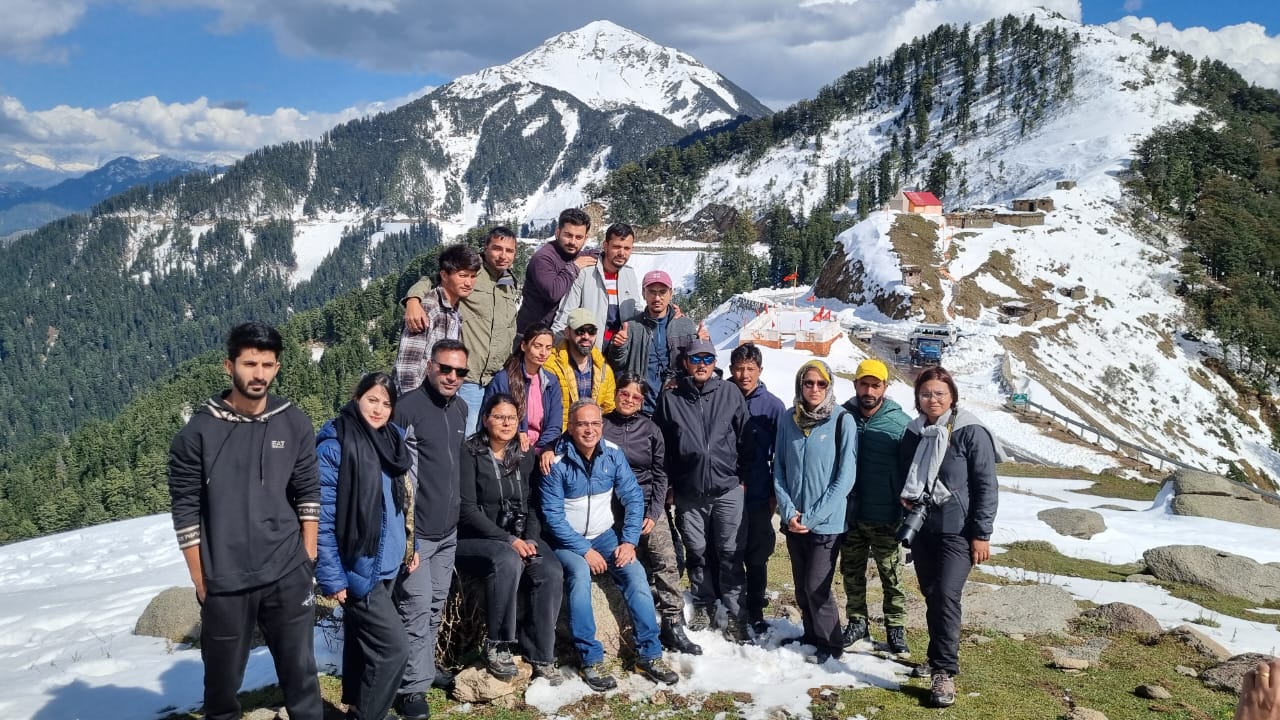About University

Cradled in the lap of mountains at the foothills of auspicious Trikuta, besides the river Tawi at an altitude of 1030 ft. is Jammu. This 'city of temples' has many places...

Participants had the unique opportunity to witness practical demonstrations of the latest monitoring technologies, fostering a hands-on understanding of the tools and methods used for wildlife tracking and research. Engaging discussions facilitated the exchange of ideas and experiences, providing a platform for participants to address the challenges and opportunities in snow leopard conservation.
Speaking during the Valedictory function , Dr. Neeraj Sharma, Organizing Secretary of the workshop said "This workshop has served as an invaluable platform for pooling knowledge and resources toward the
conservation of snow leopards. The exchange of expertise and the practical demonstrations will undoubtedly lead to enhanced conservation efforts."
While giving brief account of the four days national worship Dr Neerajsaid “The technical sessions of the four days workshop on ‘Techniques for Wildlife Monitoring in the Himalayas’ was followed by a field trip
to the upper reaches of Bhaderwah. The workshop included 14 indoor sessions that mainly dealt with the introduction to sampling design and methodology to study snow leopards and other carnivores, snow
leopard identification techniques, ungulate monitoring and ecology, and data analysis and inference on snow leopard abundance and density estimation.
He further informed that other sessions covered the ecology and behaviors of other mammals including the primates. “ A couple of sessions each dealt with eBird and bird population assessment using eBird data and on entomology mainly focussing on odonates and butterflies. The workshop participants were shown the museum specimens of butterflies maintained by Bhaderwah Campus,” he said adding further
that a special session was held on season watch programme, a citizen science approach dealing with the phonological monitoring of trees. The technical sessions followed by a field trio to Gulidanda and Chattergalla wherein participants were exposed to camera trapping techniques, trail sampling and insect collection and duration. Dr Neeraj Sharma expressed his gratitude to all the participants, speakers, co-organizing partners, and sponsors especially to Rector Bhaderwah Campus Prof. Rahul Gupta for their unwavering support in making this workshop a resounding success.